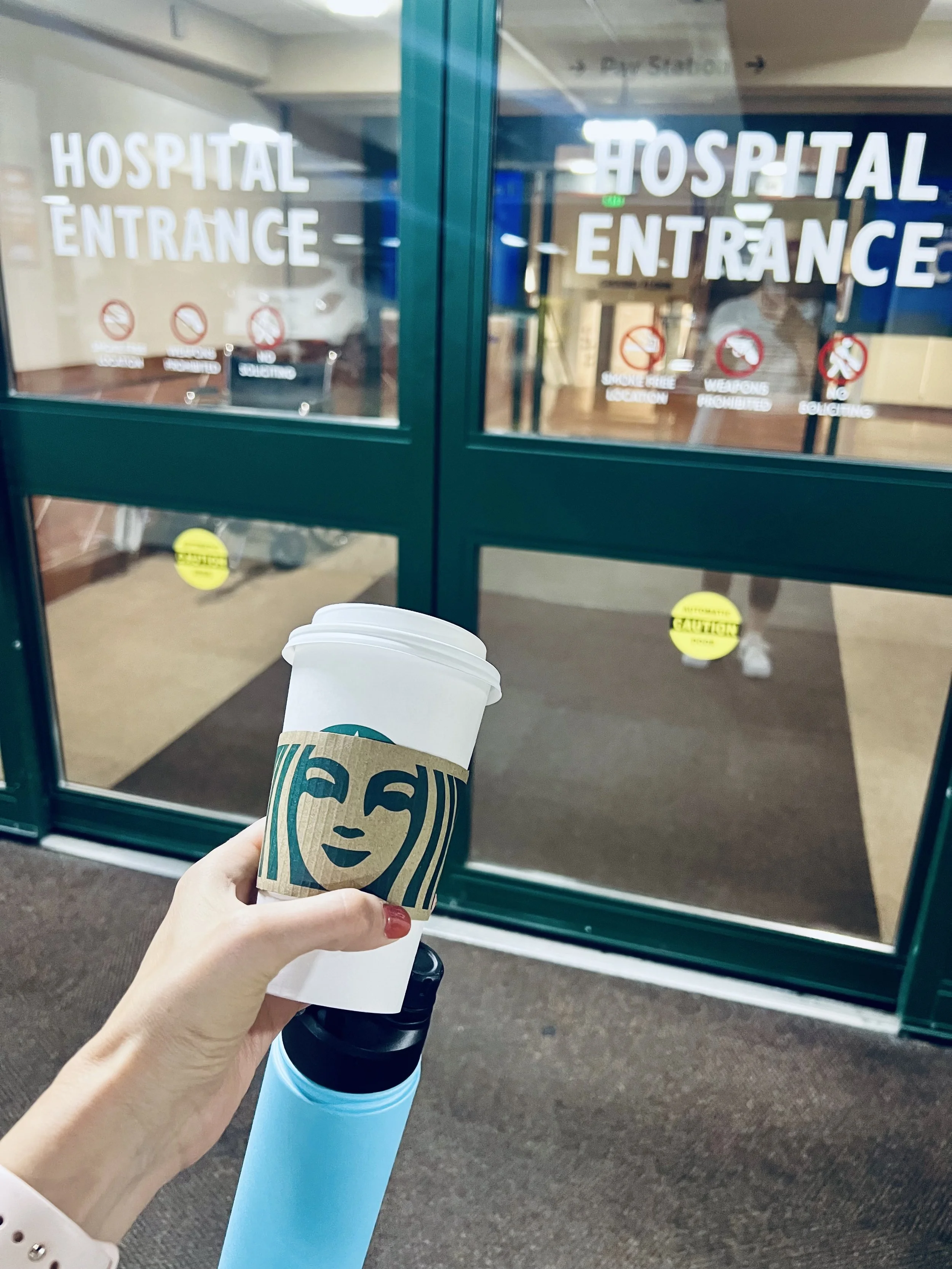About Doula Certification
Becoming a doula is both a calling and a profession, but there is often confusion about what “training” and “certification” really mean. Unlike nurses or midwives, doulas are not licensed medical providers — instead, they can be trained or certified through professional organizations that set standards for education, ethics, and practice.
This page is here to clarify the process of how different programs prepare doulas to serve families. Our goal is to help both parents and professionals better understand the range of trainings and certifications available, so you know what your doula brings to the table and how that supports the care you’ll receive.
About the Doulas in Our Network
Our network is made up of a diverse group of doulas, each bringing their own training, experience, and background to the families they serve. Some doulas are trained through professional programs but not formally certified. Others hold national certifications, while some have also completed the State of Ohio Doula Certification process.
Certification is one piece of the picture, and what matters most is that you are informed, supported, and confident in the doula you choose. Just as we encourage families to practice informed consent in birth, the same applies here: take time to ask questions, explore your options, and decide which doula feels like the best fit for you.
Choosing a doula means choosing someone who will be part of your care team alongside highly credentialed professionals (i.e. your doctor/midwife, nurse, and hospital or home birth staff.). That’s why training, education, and experience matter. A qualified doula should have completed formal training that is equivalent or translates to certification, and gained hands-on experience supporting families. These qualifications ensure they bring evidence-based skills and professional standards to their work.
When you meet with a potential doula, it is absolutely important ask about their credentials and experience:
Where and when did you receive your training?
Does your certification expire? What CEUs are you actively engaging in to stay current in your field?
What current certifications do you hold?
How many births or families have you supported?
Do you have references from clients or healthcare providers?
While connection and comfort are important, you should expect your doula to bring a foundation of professional preparation and ongoing learning. This combination of education and experience ensures that your doula can work collaboratively with your healthcare team while supporting you with confidence and skill.
Medicaid & Doula Coverage is Growing
As of early 2024, several states + DC provide Medicaid coverage for doula services, including Ohio, and several more are implementing it. With that comes the need to set standards for training and certification so doulas can be eligible to be paid by Medicaid. There is no mandatory national license or certification for doulas in the U.S. Many doulas receive private certifications from organizations but some doulas work without any formal certification or ongoing CEUs. 
State-by-State Differences
States require different qualification standards for Medicaid-reimbursement. Some require specific approved programs, a set number of training hours, number of births assisted, or other credentials. Some states, like Ohio, also offer “legacy” or “experience-based” pathways for doulas without formal certification but with enough experience, client testimonials, etc. 
Ohio Doulas
Only those who hold a certificate from Ohio Board of Nursing may use the title “State of Ohio Certified Doula.” 
• Beginning October 2024, any pregnant or postpartum person with Medicaid in Ohio is eligible to receive doula services only if the doula is OBN-certified. 
• The certification must be renewed every two years. Doula-certified by OBN need ten contact hours of continuing education; among those, at least four hours must focus on racial bias, health disparities, and cultural competency. 
• Criminal Background Check: Required—applicants must submit to a criminal records check from the Bureau of Criminal Identification & Investigation (BCI) and meet the standard of no disqualifying offenses under OBN rules. 
